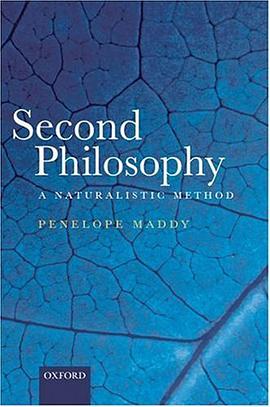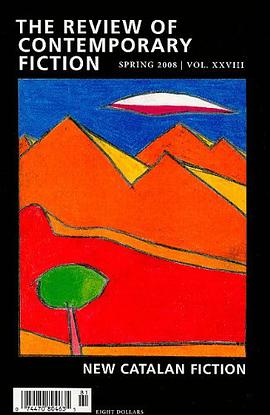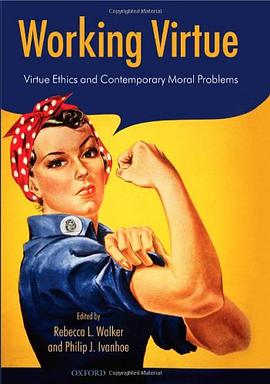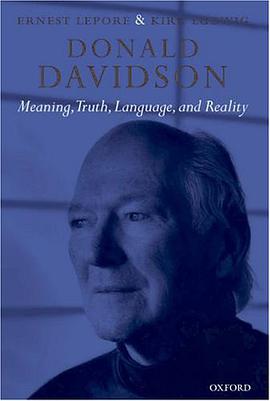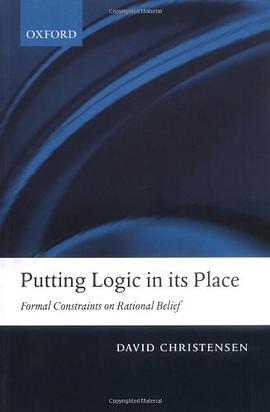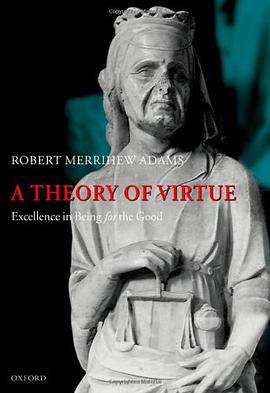

The fourteen prominent analytic philosophers writing here engage with the cluster of philosophical questions raised by conceptual art. They address four broad questions: What kind of art is conceptual art? What follows from the fact that conceptual art does not aim to have aesthetic value? What knowledge or understanding can we gain from conceptual art? How ought we to appreciate conceptual art? Conceptual art, broadly understood by the contributors as beginning with Marcel Duchamp's ready-mades and as continuing beyond the 1970s to include some of today's contemporary art, is grounded in the notion that the artist's 'idea' is central to art, and, contrary to tradition, that the material work is by no means essential to the art as such. To use the words of the conceptual artist Sol LeWitt, 'In conceptual art the idea of the concept is the most important aspect of the work ...and the execution is a perfunctory affair'. Given this so-called 'dematerialization' of the art object, the emphasis on cognitive value, and the frequent appeal to philosophy by many conceptual artists, there are many questions that are raised by conceptual art that should be of interest to analytic philosophers. Why, then, has so little work been done in this area? This volume is most probably the first collection of papers by analytic Anglo-American philosophers tackling these concerns head-on. Contributors Margaret Boden, Diarmuid Costello, Gregory Currie, David Davies, Peter Goldie, Robert Hopkins, Matthew Kieran, Peter Lamarque, Dominic McIver Lopes, Derek Matravers, Elisabeth Schellekens, Kathleen Stock, Carolyn Wilde, and the 'Art & Language' group.
具体描述
读后感
评分
评分
评分
评分
用户评价
相关图书
本站所有内容均为互联网搜索引擎提供的公开搜索信息,本站不存储任何数据与内容,任何内容与数据均与本站无关,如有需要请联系相关搜索引擎包括但不限于百度,google,bing,sogou 等
© 2025 book.wenda123.org All Rights Reserved. 图书目录大全 版权所有





